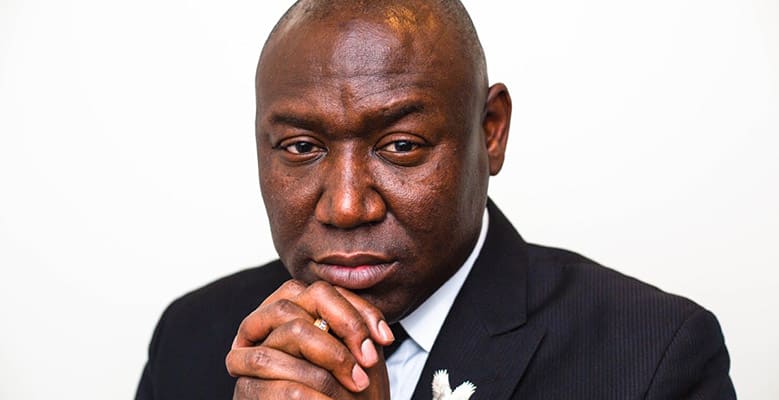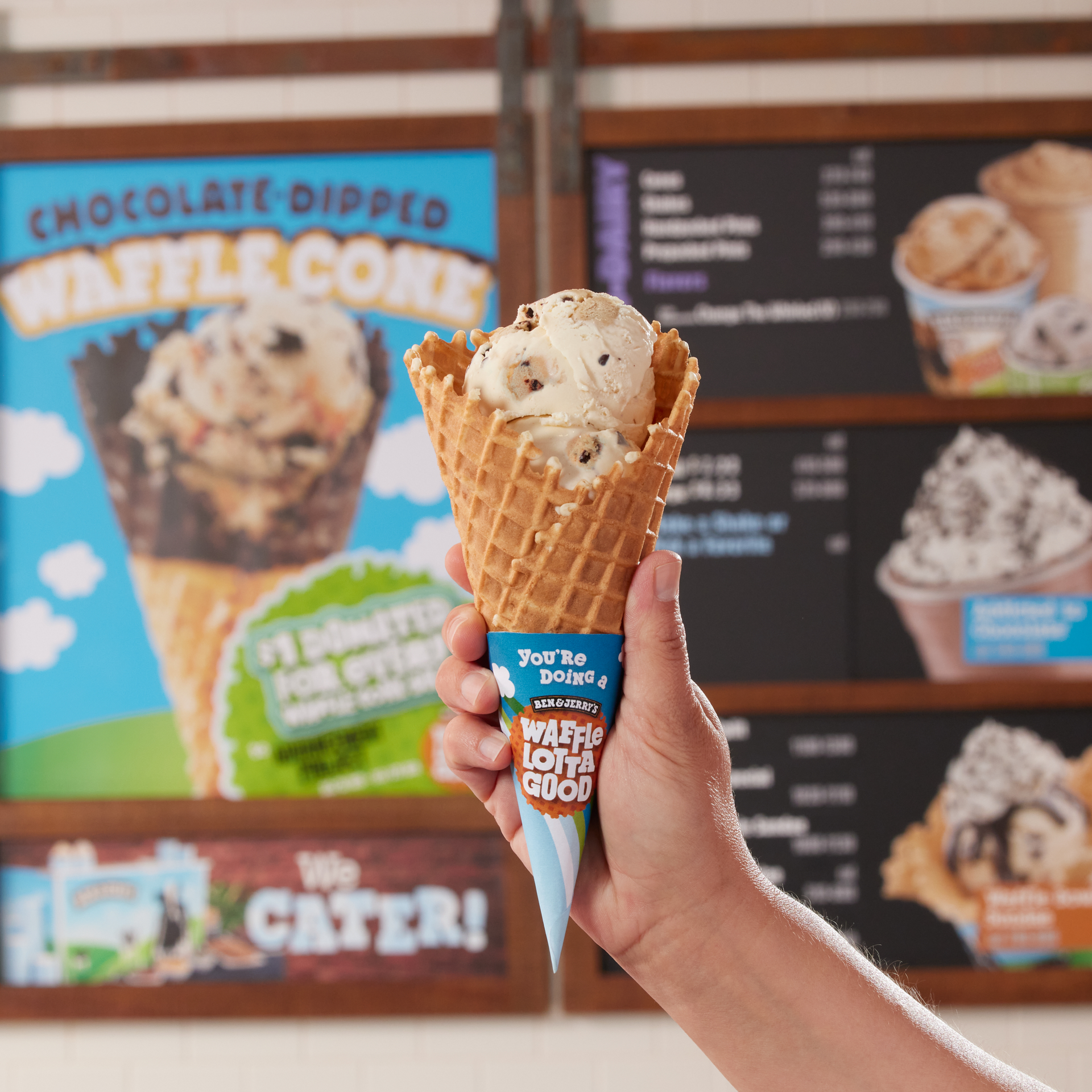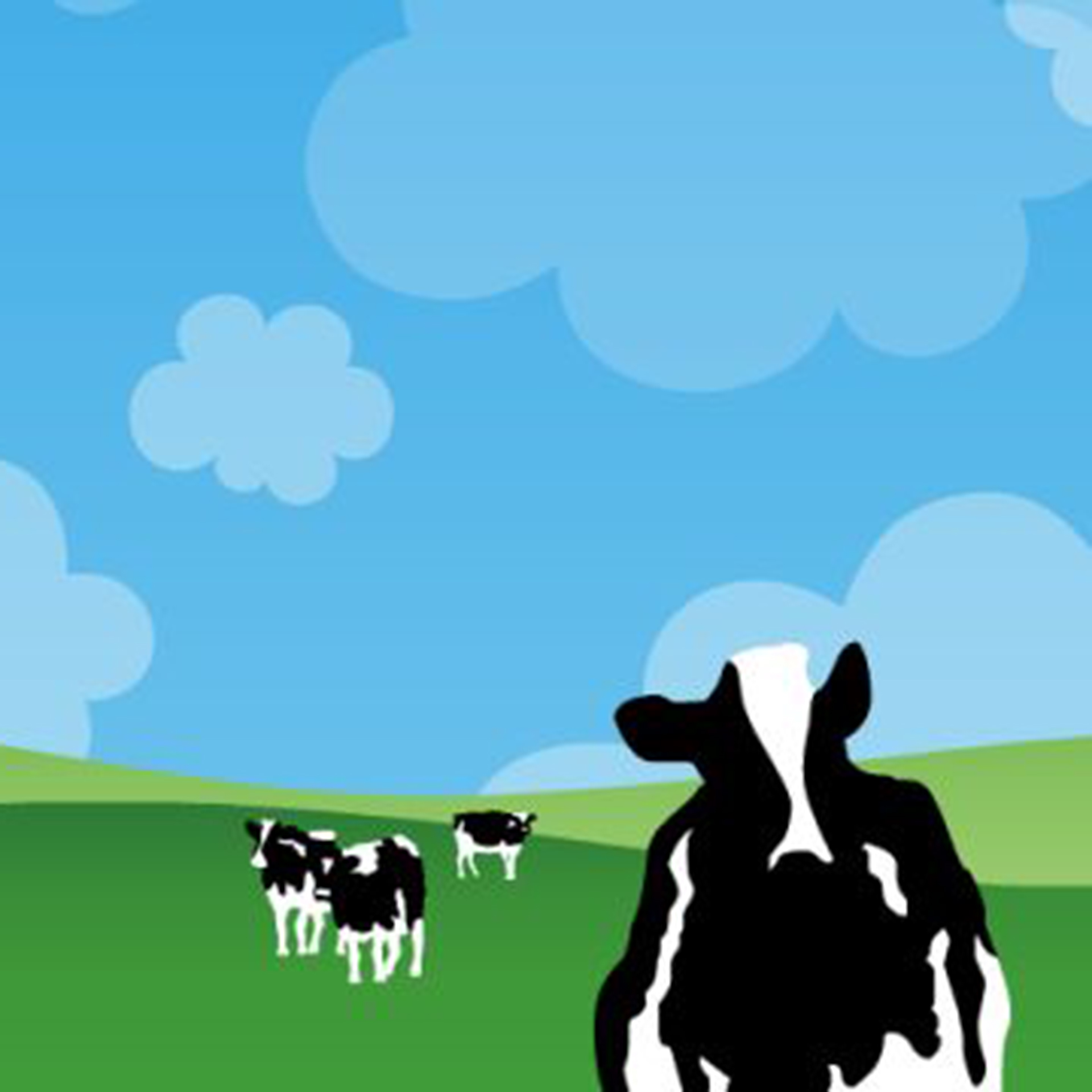“This Is Our Moment, America”:

Attorney Benjamin Crump has become the leading lawyer in America for Black and Brown families who’ve had a loved one brutalized or murdered by the police. He was hired by Trayvon Martin’s family to represent them back in 2012 and since then has worked with the families of Michael Brown, Breonna Taylor, George Floyd, Jacob Blake, and many more on some of the defining civil rights cases in recent American history.
We’re proud to share this conversation we had with Attorney Crump about George Floyd’s legacy, reimagining public safety, and the opportunity we have right now to end systemic racism and ensure real and lasting change.
Why do you think that the murder of George Floyd was the spark that ignited a global movement for racial justice? We’ve seen countless videos of law enforcement killing Black and Brown Americans. What made George Floyd different?
I think that George Floyd galvanized people all across America and all across the globe because it was one of the most witnessed video documentations of the torture of an American citizen by a police officer. Once you saw that video, you could not unsee it. George Floyd literally narrated his own death. I mean, he said, "I can't breathe," 28 times. He said, "I can't feel my insides." He said, "I can't feel my legs." He said, "Please, sir, I can't breathe." He said, "Tell my mama I love her. Tell my children I love them." He called out for his mother even though she had been dead for two years at that moment. I think America had gotten used to seeing police violence, but here we all saw a human being tortured to death, and that human being actually narrated the documentary of his own death. I think that's why George Floyd’s murder galvanized people. People could not believe it—even to this day people still can't believe that this is real.
Do you feel like we’re at an inflection point now, that something has irrevocably changed—that there’s an opportunity to achieve changes that before George Floyd’s murder seemed unlikely or impossible? Are you optimistic or hopeful?
I am very optimistic. I have made it my life's mission to try to make sure that marginalized people have their constitutional rights and the promise of America upheld. I've been unapologetic in my defense of Black life, trying to raise up Black lives, even when American society seems to devalue Black life.
I think that two historic videos, the torture of George Floyd and the Capitol insurrection on January 6, 2021, have given us a real opportunity to achieve change. I have argued for years that we have two justice systems in America, one for white America and another for the rest of us. Never was that more illustrated than in these two awful videos—George Floyd being tortured to death and the white nationalists attacking the United States Capitol, the citadel of our democracy. You know, the police were able to de-escalate at the Capitol insurrection just fine.
I think because of these moments we have a real opportunity—because we have ocular proof of what these two Americans look like. We have to take advantage of this moment. I believe we’re finally ready to have this conversation around racial reckoning that we’ve long tried to avoid. I do think we're at a tipping point in America, and what gave me the most hope is when I saw the young people out there all together last summer, as many white young people as Black young people demanding a better America, demanding a better world, demanding that we have liberty and justice for all of us. So I think this is our moment, America, let's don't squander it. That's why I'm optimistic.
We’ve seen the Floyd family courageously step into a place of advocacy, calling for the need for policies that address the systemic racism in policing. How have the families you’ve worked with managed to use this platform to press for change, while also grieving the senseless death of a loved one?
What they’re trying to do is define a legacy for their loved one who's been tragically taken from them. I believe it was the same with Trayvon Martin's mother when she said, "They won't define Trayvon's legacy, we will." The only thing you have left of the person is their legacy because, tragically, you can never get them back. So you're left trying to pick up the pieces.
They find purpose in the pain. They have to. But it's just tremendously unfair. It is so unfair to ask them to go out and ask for calm and call for nonviolence, even though the police were violent in killing their loved one. I mean it's the height of hypocrisy when you really think about it. You call for people to be nonviolent, but the police were unjustifiably violent in killing your loved one.
It’s clear that we need a new vision of public safety in America. That we need to divest from policing and incarceration and invest in our communities. Can you talk about police accountability and the movement to defund the police?
We have to reimagine policing in America. If we continue to do the same old thing and expect different results, that is the definition of insanity. So we have to imagine how we can do things better, like with the historic settlement in Breonna Taylor’s case, which included fundamental changes to the Louisville Metro Police Department as well as the most money ever given in a pre-trial resolution involving a Black woman. Normally they devalue Black women more than anybody. It's like what Malcolm X said, “The most disrespected person in America is the Black woman. The most unprotected person in America is the Black woman. The most neglected person in America is the Black woman.” So we were fighting to say that Breonna's life matters and to give recognition to Black women who often just never even get the recognition and attention that brothers do.
There's a better way to have police in America, and you have to make it about public safety, not just policing people, as is so often the case in marginalized communities of color. What we did with Breonna Taylor was a starting point of how you do that, where you take some of the money that’s been going to policing and instead hire 12 social workers who you can call when you have non-criminal issues, like domestic matters, where de-escalation is what’s needed. Right now, especially for Black and Brown people, the police are making everything into a life-or-death criminal situation.
Despite the worldwide attention George Floyd’s murder brought to racist and violent policing, despite the powerful efforts underway to make lasting change, more Black and Brown people continue to be killed by police. What keeps you motivated and feeling hopeful about your work?
I look into my daughter's eyes, she's eight years old, and I see all the hope glistening there. Despite the daunting odds that we're up against, and the hurdles and the obstacles, when you think there's no way you can beat racism, you look at the young people and you say they're worth the fight. Because if you give up, if you say there’s no use in fighting, then what you're really doing is giving up on their future. We can never, ever give up on their future, because our ancestors, even when they were in the cotton fields during slavery, never gave up on a better future for their children and children yet unborn. So that is our battle and we have to fight it so our children will know, our children yet unborn will know, that we stood up for them. That's why I do it.
When did you realize that this was your life's work? That this is what you needed to do?
What got me into this was my mother. When we integrated the schools in North Carolina, my mother told me about Thurgood Marshall. The differences between our community and the white community where they bused us were just so stark. She had already indoctrinated it into my mind that life ain't fair, life is hard. You make it fair by what you bring to the table. If you don't bring anything to the table, don't expect anybody to let you sit down at the table. I watched my mother work two jobs and sacrifice everything for me and my little brothers, and I knew I had to do something to try to make life better for our people. She told me about Thurgood Marshall and how he made life better for us. I was in the fourth grade in Lumberton, North Carolina, when I decided that this was going to be my life's mission. I wanted to be like Thurgood Marshall and fight to make life better for people who live in my community and people who look like me.

